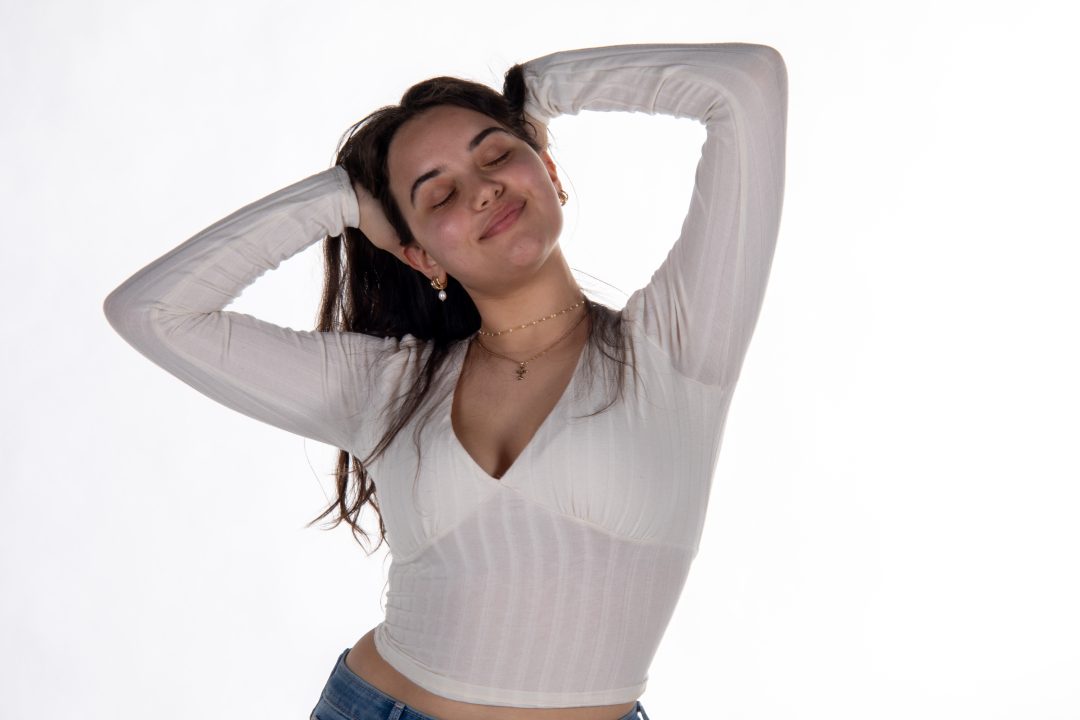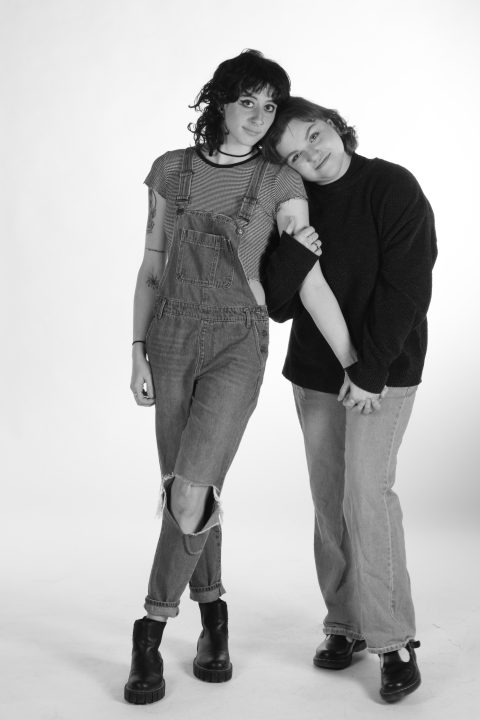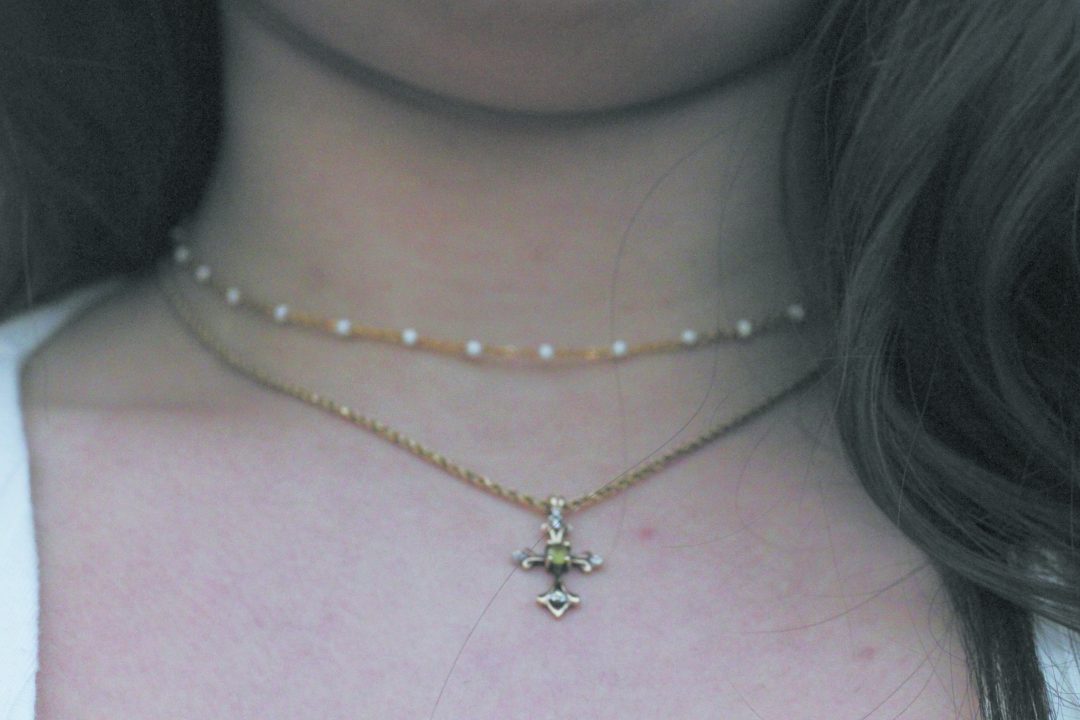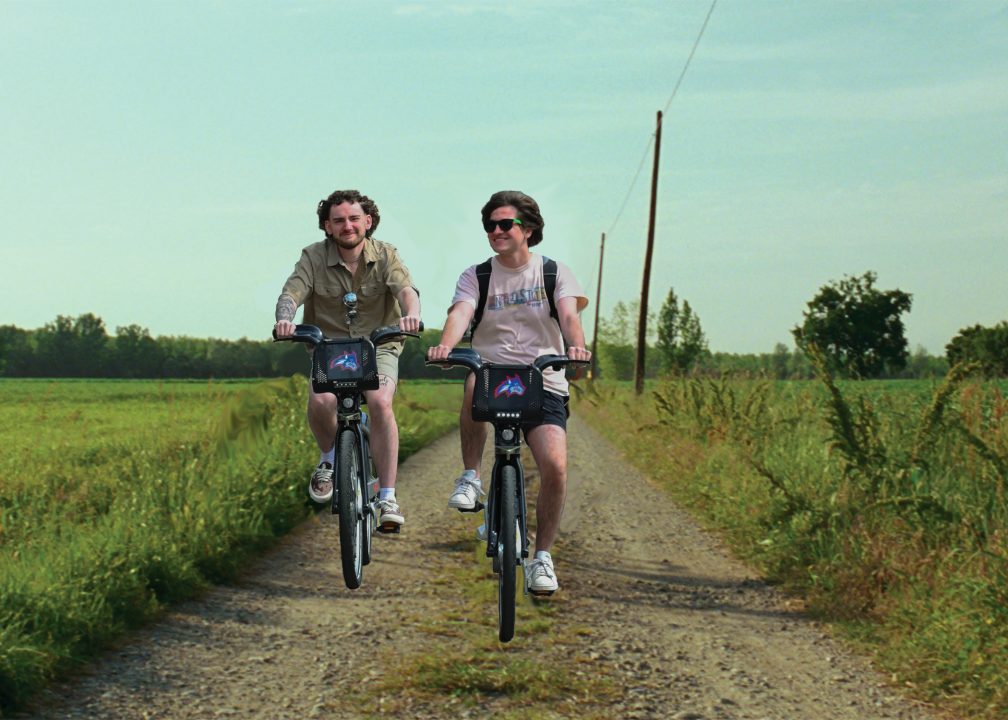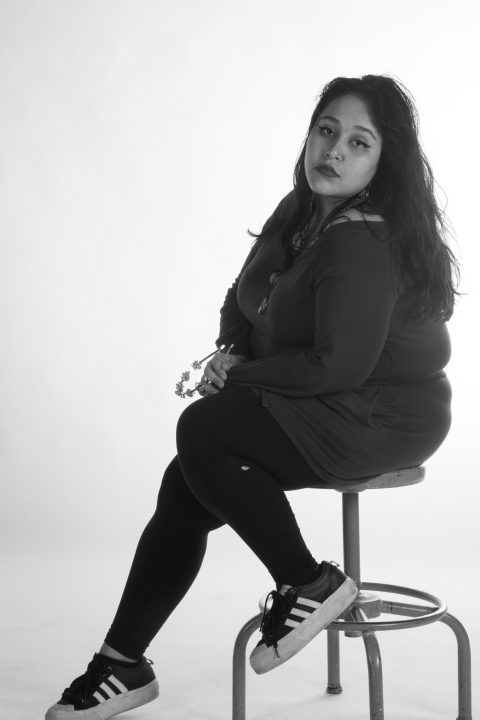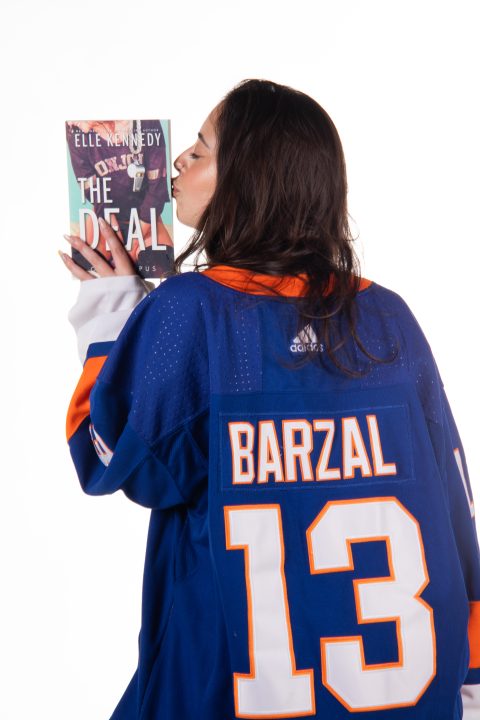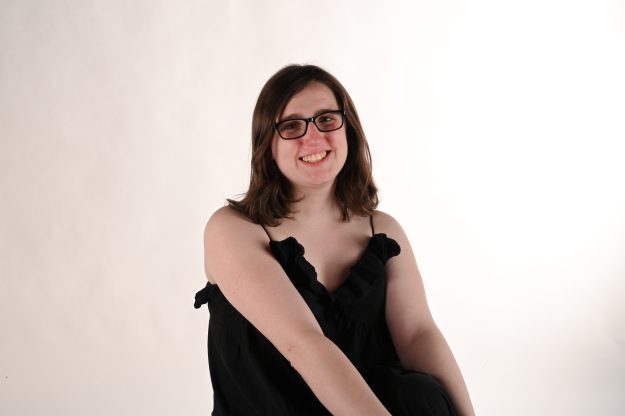
My great-grandmother was named Willie Mae McBride, and yes, she was from Georgia. At some point in her youth, she jumped from her small, rural hometown to the industrial Midwestern giant of Cleveland. I think I only met her once, when I was too young to form conscious memories of her. But everyone in the family spoke kindly of her: the only relative who everybody liked, who provided a sense of community.
I grew up looking at photos of Grandma Willie. She always had a warm smile, like she’d seen what the world had to offer her and made peace with it. In recent years, I haven’t had any pictures of Grandma Willie. That warm smile was lost to me, or at the very least, I could only access it as a memory.
My other connection to Grandma Willie is my upbringing in American Southern culture. When I was a child, I lived in a series of small towns in Virginia and West Virginia. I won’t pretend those towns couldn’t be reactionary — they were mostly white dynasties whose ancestors broke bread with Robert E. Lee (who, incidentally, is a third cousin of mine). Even Grandma Willie was hardly exempt; her ancestors owned plantations and fought for the Confederacy. That culture remains in the South. A stranger from out-of-town walking down the street can elicit strange looks from the locals.
Yet there was also a sense of community that doesn’t exist in suburbs or universities. In rural small towns, people are more likely not to just know their neighbors, but to offer them help whenever they need it. Your car won’t start? Someone down the road will jump-start it. It’s your kid’s birthday? The old man who runs the campground will give her a toolbox as a thoughtful gift. Family barbecue? Your friends from work are family too, so they can come enjoy brisket, corn on the cob and your brothers’ banjo-playing in the garage.
Yet at my core, I knew I wasn’t safe. I knew on some level that I was queer, even transgender. Coming to terms with my queerness in that environment was the most difficult thing I’ve ever done. The first time I considered that I might be transgender, I sat in the shower in utter despair, knowing I could never live as myself in my environment.
So I pushed it aside. I forced myself to forget who I was for months. I continued to live in the prison of the name I was given at birth.
Then I met my adopted mother — my real mother. We became acquainted online, and she quickly caught onto what I was going through. She made an offer: She’d drive down to Virginia, take me to Ithaca, N.Y., where she lived, set me up at the local community college, help me transition and assist me in starting a new life.
I took her up on that. Over the course of a day, I came out to everyone, moved to New York and started my life over.
When I moved to upstate New York, I was surprised to find aspects of Southern culture mirrored by my new surroundings. It wasn’t just the green rolling hills that reminded me of the Blue Ridge Mountains and Shenandoah Valley. It was the way small communities would band together and help each other out.
And I sure needed help. I had just come out and fled my home state. The family I grew up with was mostly out of my life. What minimal sense of community I’d had growing up was utterly shattered by the harsh realities of coming out to an abusive and reactionary family (and they didn’t offer me nearly as much as neighbors and local townspeople did either). I didn’t just need a new family — I needed new ways to have a community.
I found my new community in Ithaca, but in profoundly different forms than I ever saw back home. For one thing, the racially diverse, exquisitely queer and near-endemically non-monogamous community of left-wing activists I met in Ithaca were a million miles outside of my experience of Southern living. Ithaca, a progressive small-ish town in the Finger Lakes, brings together local farming and the college-town atmosphere of Cornell University. There was a more diverse spread of people than I ever saw in Charles Town, West Virginia. Through them, I joined a community with more powerful ideas than I’d heard growing up.
In Ithaca, I discovered that there was a name for the ideas of community I’d admired all my life. The local activists practiced mutual aid, a long-standing practice in which communities provide each other with living necessities and resources without governmental oversight. Russian anarchist Peter Kropotkin popularized the idea of mutual aid in the early 20th century, and it’s remained a staple of leftist political organizing ever since.
It was mutual aid that finally helped me reconcile my Southern upbringing with my leftist politics. But more importantly, I found that ethos through my found family. My mother who rescued me legally adopted me when I was 22 years old, making me the child of multiple polyamorous queer parents. I learned my values of community through this strange new type of family.
I could be both a polyamorous bisexual trans woman with anarcho-communist politics and a Southern belle who liked feeding people. I needed both, and I got both. In one fell swoop, I got to emulate Grandma Willie and my new mother while also being myself. If I didn’t embrace my queerness, polyamory and leftist politics, I’d be lost. But I need that Southern past to ground me as well. That’s roughly what community does; it bridges your past and your present.












